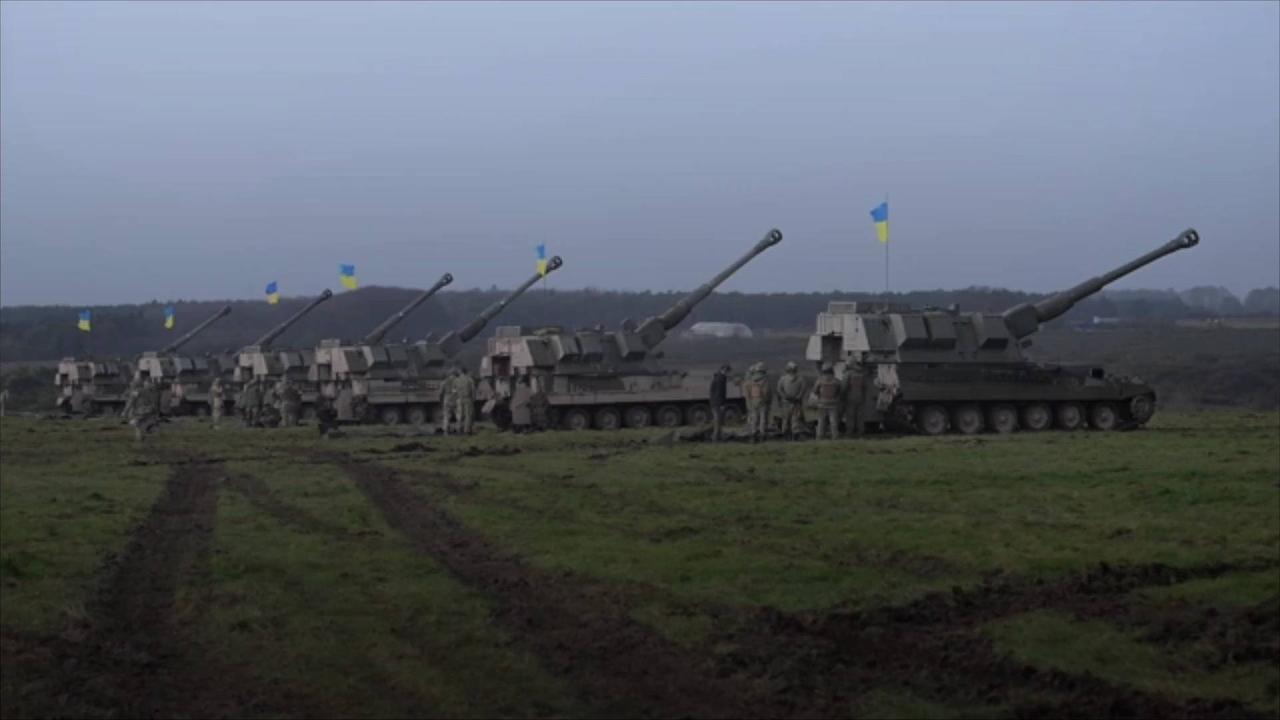
Ukraine Defense Minister Says , 'Complex' Counteroffensive Already Underway.
'Newsweek' reports that a high-ranking defense official has said that "complex" deliberations are underway regarding Ukraine's looming counteroffensive.
.
Military strategists have reportedly predicted both Ukraine and Russia will go on the offensive following the war's first winter.
.
According to 'Newsweek,' Russia has already begun bolstering its defenses in the southern Zaporizhzhia region ahead of anticipated attacks.
According to 'Newsweek,' Russia has already begun bolstering its defenses in the southern Zaporizhzhia region ahead of anticipated attacks.
On April 19, Deputy Defense Minister Hanna Maliar said the Ukrainian counteroffensive , "involves a vast and complex set of actions and measures carried out by the Armed Forces, which includes preparing people for a range of defensive and offensive actions.".
It is not necessary to publicly counterattack only to some active offensive actions, because it is a strategic goal of the Armed Forces of Ukraine to release all temporarily occupied territories, Hanna Maliar, Ukrainian Deputy Defense Minister, via 'Newsweek'.
The plan is ultimately chosen in such a way that the enemy cannot react, Hanna Maliar, Ukrainian Deputy Defense Minister, via 'Newsweek'.
'Newsweek' reports that it remains unclear if the recent leak of classified documents has caused Ukraine to adjust its strategy.
.
According to Jordan Cohen, a policy analyst at the Cato Institute, Ukraine is unlikely to receive the weapons it needs to effectively mount a counteroffensive.
Ultimately, this was always the problem with weapons transfers: they take much longer to train and deliver than they do to announce, Jordan Cohen, policy analyst at the Cato Institute, via 'Newsweek'.
The Biden administration can announce as many future weapons transfers as they want, but ultimately, these weapons still need to be produced and go through the U.S. military transfer bureaucracy, Jordan Cohen, policy analyst at the Cato Institute, via 'Newsweek'
